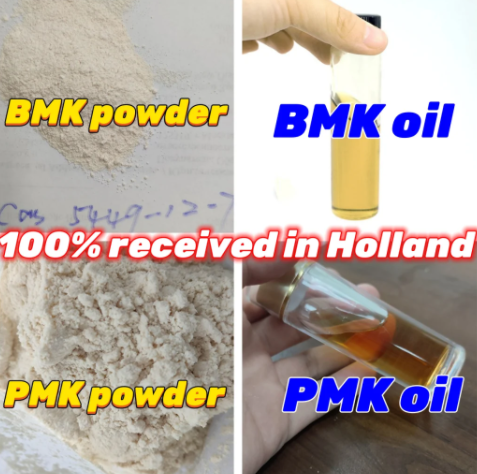
- +86-13363869198
- weimiaohb@126.com

Aug . 08, 2024 04:40 Back to list
Exploring the Benefits of Curcumin for Managing Rheumatoid Arthritis Symptoms and Inflammation
Curcumin for Rheumatoid Arthritis Exploring the Benefits and Mechanisms
Rheumatoid arthritis (RA) is a chronic inflammatory disorder characterized by the autoimmune attack on joints, leading to pain, swelling, and potential joint damage. As more people seek alternative and complementary therapies alongside conventional treatments, curcumin—a bioactive compound derived from the turmeric plant (Curcuma longa)—has garnered considerable interest for its potential therapeutic benefits in managing RA symptoms.
Curcumin for Rheumatoid Arthritis Exploring the Benefits and Mechanisms
One of the significant advantages of curcumin as a treatment for RA is its safety profile. Unlike non-steroidal anti-inflammatory drugs (NSAIDs) and corticosteroids, which often come with a range of side effects, curcumin is generally well-tolerated with minimal adverse reactions reported in clinical settings. This makes it an attractive option for patients looking for safer alternatives to manage their condition.
curcumin for ra

Research on curcumin and its effects on rheumatoid arthritis has produced promising results. Several clinical trials have indicated that curcumin supplementation can lead to significant improvements in disease activity scores, joint tenderness, and overall patient quality of life. For instance, one study suggested that patients taking curcumin experienced a substantial reduction in morning stiffness and joint swelling compared to those receiving a placebo. Additionally, curcumin's ability to enhance the efficacy of standard RA medications has been a focal point in several investigations, demonstrating its potential as an adjunct therapy.
However, one challenge with curcumin is its bioavailability. The compound is poorly absorbed when taken orally, leading to questions about its effectiveness in clinical practice. To overcome this obstacle, researchers have developed various formulations, such as curcumin combined with black pepper extract (piperine), which has been shown to enhance absorption significantly. Other innovative methods include nano-formulations and liposomal delivery systems that improve the stability and bioavailability of curcumin.
Despite these advancements, individuals considering curcumin as a treatment option should consult with healthcare professionals to ensure it complements their existing treatment plans and does not interfere with prescribed medications. Personalized approaches to RA treatment, which take into account individual responses to therapy, are crucial for managing this complex condition.
In conclusion, curcumin represents a promising natural therapy for individuals battling rheumatoid arthritis. Its anti-inflammatory and antioxidant properties, coupled with a favorable safety profile, make it an appealing choice for those seeking additional relief from RA symptoms. Ongoing research continues to explore the optimal dosages, formulations, and mechanisms of action of curcumin, paving the way for its wider acceptance in clinical practice. As the medical community increasingly recognizes the importance of integrating complementary therapies into patient care, curcumin stands out as a valuable ally in the fight against rheumatoid arthritis.
-
GS-441524 White Liquid Production for Factories | AI-Optimized
NewsAug.02,2025
-
AI-Optimized CAS: 79099-07-3 Factories for High Yield
NewsAug.01,2025
-
Premium CAS 1451-83-8 Factory with GPT-4 Turbo | AI-Optimized
NewsJul.31,2025
-
Pharmaceutical Intermediates - AI-Optimized Synthesis & Purity
NewsJul.31,2025
-
Top CAS: 79099-07-3 Factories & Wholesale Supplier from China
NewsJul.30,2025
-
High-Quality GS-441524 for White Liquid Type Factories & Suppliers
NewsJul.29,2025